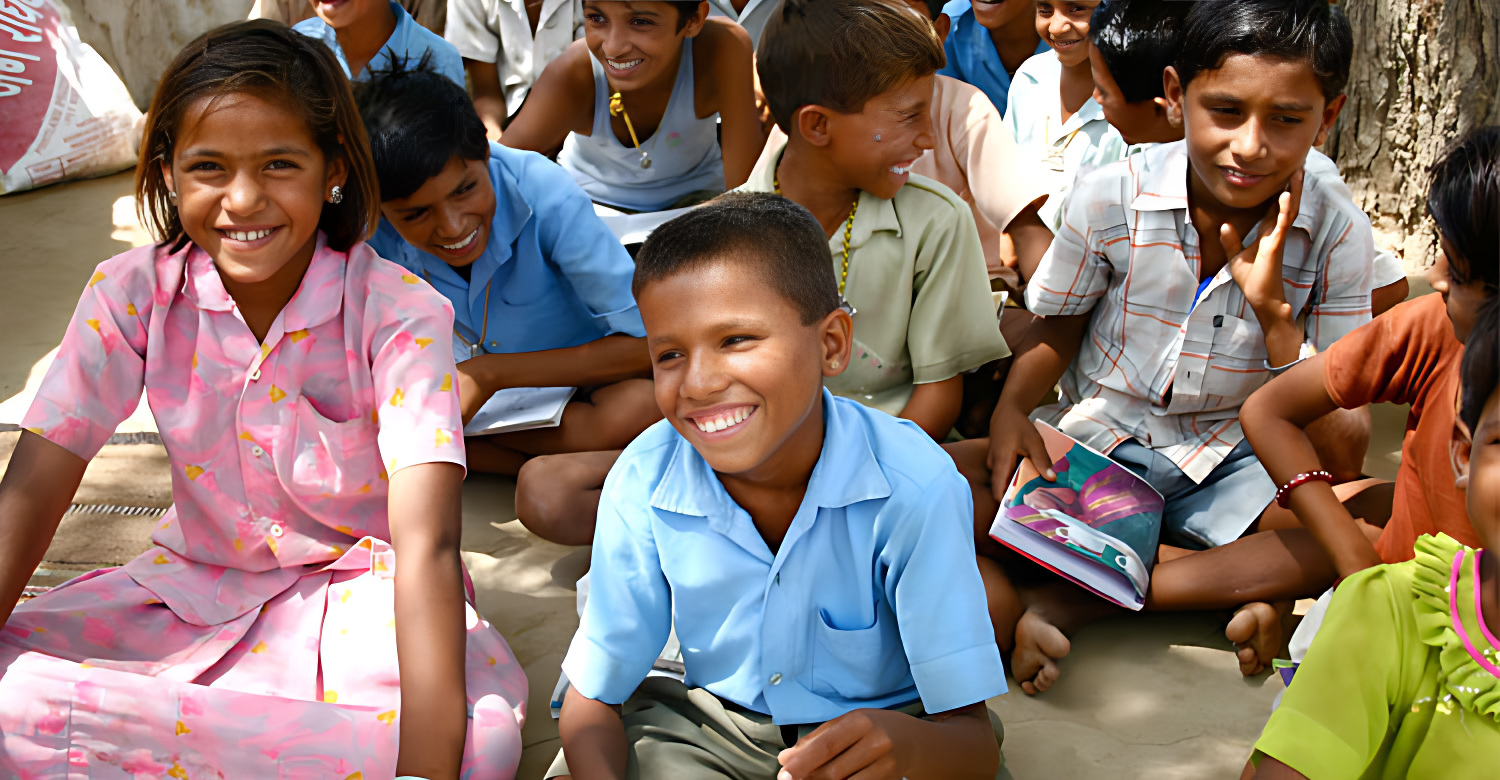NGOs in India are essential players in the country’s development, contributing immensely to social welfare, human rights, and sustainable development. They act as mediators, facilitators, and watchdogs, providing essential services, building capacity, and monitoring government and corporate performance. Let’s delve into the multifaceted roles and importance of NGOs in India.
Non-governmental organisations (NGOs) are non-profit organisations that operate independently of the government. They often engage in activities promoting social welfare, human rights, environmental conservation, and community development. In India, NGOs are registered under various laws, including the Societies Registration Act of 1860, the Indian Trusts Act of 1882, and the Companies Act of 2013.
The Emergence of NGOs in India
NGOs in India have been a part of the social fabric since ancient times, with the tradition of philanthropy deeply ingrained in Indian culture. The modern concept of NGOs, however, took shape in the early 1970s, with the registration and formation of organisations focused on developmental activities and social welfare. The Government of India recognised the importance of NGOs in the development process, providing them with greater thrust and support during the sixth and seventh Five Year Plans
Roles of NGOs in India
NGOs in India undertake diverse functions that contribute to societal well-being and progress:
- Championing Child Rights: NGOs focus on ensuring children’s access to education, healthcare, protection from exploitation, and overall holistic development.
- Poverty Alleviation: Through targeted interventions, NGOs strive to uplift impoverished communities by providing essential resources, skills training, and income generation opportunities.
- Addressing Social Injustice: NGOs advocate against discrimination, inequality, and social biases, working towards creating a more equitable and just society.
- Elderly Care: NGOs extend care and support to the elderly population, ensuring their well-being, dignity, and inclusion in society through various assistance programs.
- Animal Rights Advocacy: NGOs advocate for animal welfare, prevent cruelty, ensure ethical treatment, and support animal-friendly policies.
Importance of NGOs in India’s Development
NGOs are instrumental in driving social change and promoting development in India through various means:
- Social Development: NGOs facilitate social change by ensuring equal participation and motivating people to fight for their rights.
- Education Promotion: NGOs actively promote education, especially among marginalised sections like girls, SCs, and STs.
- Women Empowerment: NGOs empower women by advocating for their rights and active involvement in societal spheres.
- Environmental Awareness: NGOs raise awareness about environmental issues, working to combat pollution and natural resource depletion.
- Rehabilitation Efforts: NGOs play a crucial role in resettling people displaced by projects like dam construction, highways, and railways.
- Human Rights Protection: NGOs contribute significantly to human rights advocacy and public awareness, influencing legislative changes and societal perceptions.
Transparency and Accountability
Enhancing Public Trust NGOs in India are committed to enhancing transparency and accountability, ensuring their efforts align with the communities’ needs and expectations. By implementing robust monitoring and evaluation systems, NGOs demonstrate their commitment to best practices and public trust. This focus on transparency and accountability strengthens NGOs’ credibility and fosters a culture of trust and collaboration between NGOs, government entities, and the public.
Collaboration and Partnership
Strengthening the Social Sector Collaboration and partnership are essential components of NGOs’ work in India. By working closely with government entities, international organisations, and other stakeholders, NGOs are able to amplify their impact and ensure that their efforts are aligned with national and international development goals. This collaborative approach strengthens the social sector and fosters a spirit of shared responsibility and collective action.
Diversity and Reach
India has more than 170,000 NGOs working on various social, environmental, and humanitarian issues. This diversity allows NGOs to address a wide range of issues and reach out to different communities, ensuring that their needs are met. NGOs have been instrumental in promoting education, healthcare, and livelihood opportunities, helping improve millions of people’s lives across India.
Filling the Gaps Left by the Government
NGOs play a critical role in addressing economic inequality and providing basic necessities to marginalised communities. They complement the government’s efforts by providing services and resources where the government falls short. NGOs have contributed to various projects, including eradicating poverty, addressing constructing infrastructure, and providing basic facilities to underprivileged and rural areas. They have been instrumental in empowering women, children, and marginalised communities, ensuring their voices are heard and their rights are protected.
Contributions to Rural Development
NGOs have significantly contributed to rural development and proved to be valuable partners in this area. They have constructed schools, healthcare centres, and community halls, provided clean water and sanitation facilities, and promoted sustainable agriculture practices. NGOs have also played a crucial role in promoting microfinance, empowering women, and enhancing rural areas’ overall quality of life.
Challenges Faced by NGOs in India
Despite their significant contributions, NGOs encounter various challenges that impact their efficiency and effectiveness:
- Credibility Deficit: Some NGOs lack authenticity and sincere intent, tarnishing the sector’s credibility.
- Over-Regulation: Government regulations are sometimes misused to hinder NGOs’ work, impacting their efficiency.
- Cultural Hurdles: NGOs may face resistance due to perceived encroachment on traditional practices and beliefs.
- Lack of Proper Networking: Inadequate networking can hinder communication and community engagement, affecting NGOs’ impact.
- Governance Issues: Many NGOs lack proper governance structures, leading to inefficiencies in their operations.
The Way Forward
To enhance the impact and efficiency of NGOs in India, several measures can be taken:
- Monitoring Mechanisms: Improved coordination and monitoring between relevant government ministries can enhance oversight of NGO activities.
- Citizen Participation: Encouraging active participation in processes shaping their lives can promote social justice, gender equity, and inclusivity.
By Mufamadi Sharon, Communications Officer at YUVA, dedicated to creating impactful and engaging content that raises awareness and inspires positive change.



Published by